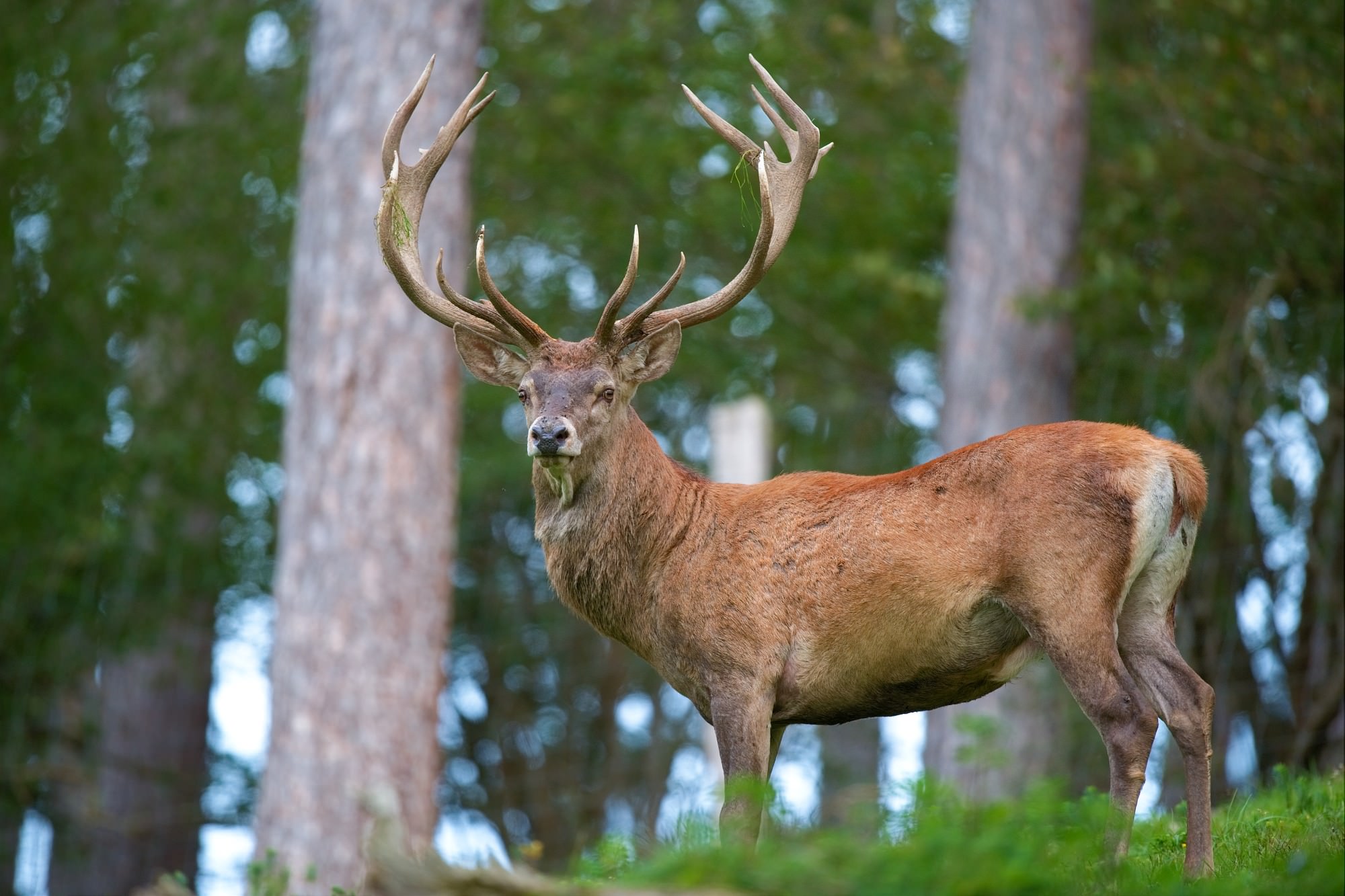World
Britain Rewilding Revolution Reclaims Lost Ecosystems
By Mara Lafontaine · July 26, 2023
In brief…
- Charlie Burrell and Isabella Tree inherited the 3500-acre Knepp and went into debt struggling to compete with modern farms.
- The couple began rewilding, a method that allows farmland to return to its natural state.
- They stopped plowing, irrigating, mowing, and using chemicals and reintroduced free-roaming grazing animals.
- The estate has seen a rapid return of diverse wildlife, including rare species like turtledoves, nightingales, purple emperor butterflies, peregrine falcons and storks.
- The British Government now supports rewilding programs to combat biodiversity loss and the climate emergency.

Charlie Burrell and his wife, Isabella Tree, tell the story of the Knepp Estate, a sprawling 3500-acre property that has been home to the Burrell family for over 200 years. Today, the estate is the poster child for a revolutionary approach known as rewilding that is proving effective in the recovery of declining ecosystems.
Charlie and Isabella inherited the West Sussex UK estate in 1983. The couple struggled to compete with modern industrial farms for 17 years, but the depleted soil made efficient farming impossible. By 2001, the couple was £1.5 million in debt.
It was then they discovered rewilding, a method that addresses climate change and restores biodiversity and eco-health by allowing farmland return to a more natural state. They ceased plowing, irrigating, mowing, and applying chemicals to their land. Instead, they re-introduced free-roaming grazing animals like longhorn cattle and Tamworth pigs. “They rootle. They trample. They debarked trees, the way they spread seeds from one area to another in their hooves, their fur, and their gut. If you put these animals back into a landscape, they can create habitats again,” Isabella Tree told CBS News.
Today, the property teems with a wide variety of animals, including red deer with huge antlers. “What has been absolutely astonishing is how quickly nature has bounced back,” said Tree. Rare species such as turtledoves, nightingales, purple emperor butterflies, and peregrine falcons now breed on the estate. “The last time storks nested in the UK successfully was 1416- -the year after the Battle of Agincourt,” she said amusingly.
The couple also sells beef from their free-roaming cows, which they claim tastes better due to the animals’ natural diet. “Cows don’t just eat grass. They eat plants and twigs and leaves. Once they’re eating what nature intended them to eat, they metabolize much, much better,” said Tree. The couple recently published a book on rewilding, while the Knepp estate now generates more money from visitors than it ever did as a farm. “We have eco-tourism treehouses and glamping and camping… And that’s now a business that brings in about a million a year,” Tree explained.
The rewilded lands also benefit surrounding farms by providing clean water, pollinating insects, and physical buffers against extreme weather events. “Down the road, with what’s happening to the climate and what’s happening to biodiversity loss, we need to have hotspots for nature. We need to have corridors running through our landscapes for nature,” said Burrell.
Rewilding is more than a salutory trend. The British Government has initiated a program to fund rewilding efforts across the UK. Alastair Driver, director of the nonprofit Rewilding Britain, believes these efforts will result in 5% of British land being rewilded by 2030.